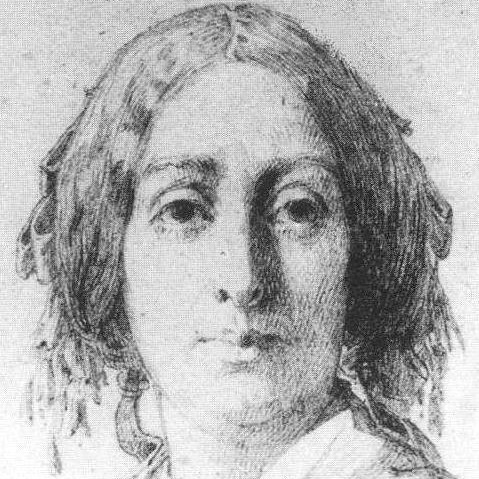24.10.2022, 14:30pm-« Being a woman and writing in the 19th century: the example of George Sand »
24.10.2022, 14:30pm-« Being a woman and writing in the 19th century: the example of George Sand »

Data inizio: 24/10/2022
Data fine: 24/10/2022
Ora: 14:30-16:30
Cycle of seminars "Literature and textual criticism"
Classroom 8, building D3, first floor
Abstract This conference aims to make doctoral students aware of the particular conditions under which women write and the impact that these particularities can have on their writing. The aim is to reflect on how women writers' family and artistic environment, education, training and symbolic recognition influence their choice of writing forms and models, and even their decision to write or not to write. We begin by formulating some theoretical propositions about the way in which women writers are perceived in the nineteenth century. We will then look at the case of the novelist George Sand (1804-1876) as an example to study. Finally, the lecture will address a point of methodology: how can the particular social conditions in which women write be taken into account when studying the work of a female writer rather than a male writer? Why is it that this methodology is also important for the study of works written by men?
Speaker Laetitia Hanin University of Clermont-Ferrand
Coordinator Agnese Silvestri University of Salerno
Classroom 8, building D3, first floor
 -Download the brochure
-Download the brochure
Abstract This conference aims to make doctoral students aware of the particular conditions under which women write and the impact that these particularities can have on their writing. The aim is to reflect on how women writers' family and artistic environment, education, training and symbolic recognition influence their choice of writing forms and models, and even their decision to write or not to write. We begin by formulating some theoretical propositions about the way in which women writers are perceived in the nineteenth century. We will then look at the case of the novelist George Sand (1804-1876) as an example to study. Finally, the lecture will address a point of methodology: how can the particular social conditions in which women write be taken into account when studying the work of a female writer rather than a male writer? Why is it that this methodology is also important for the study of works written by men?
Speaker Laetitia Hanin University of Clermont-Ferrand
Coordinator Agnese Silvestri University of Salerno